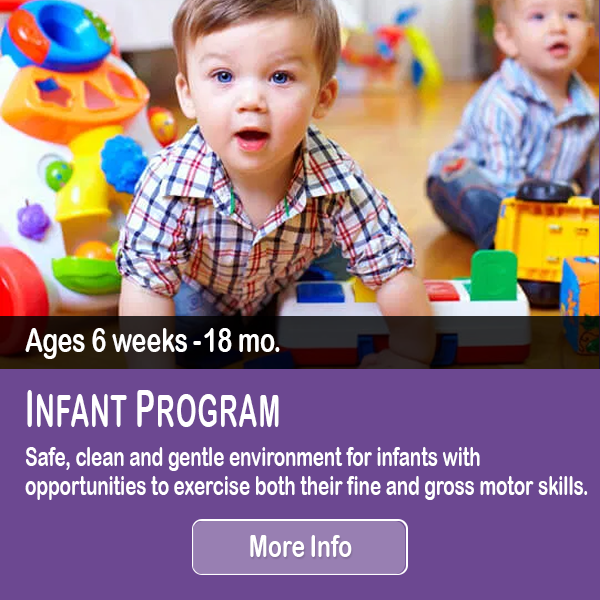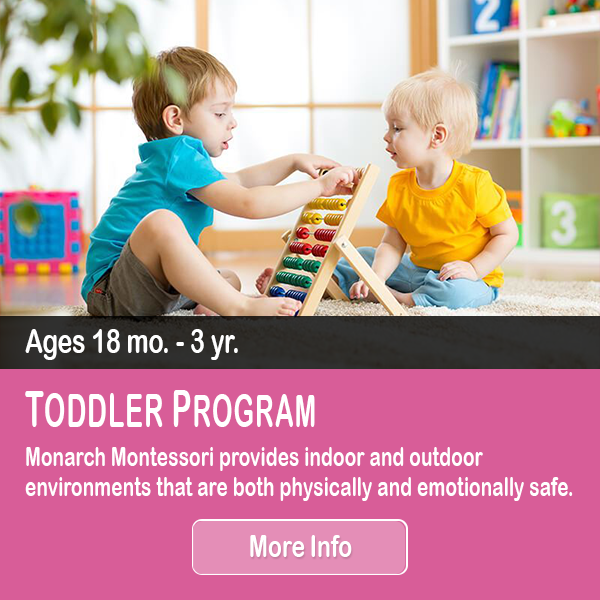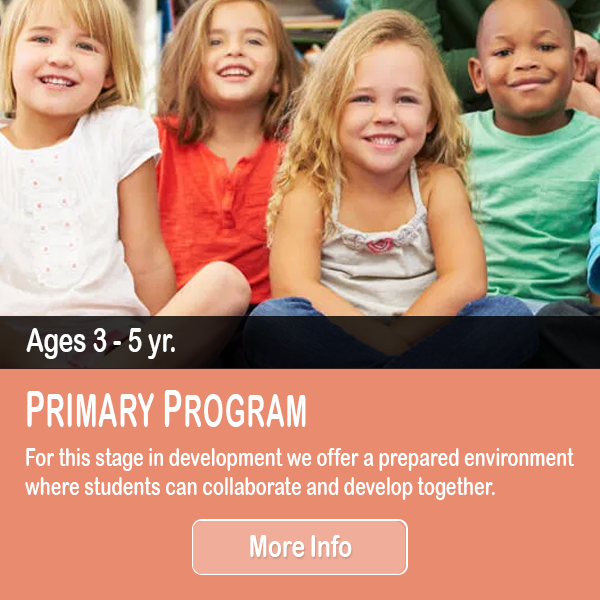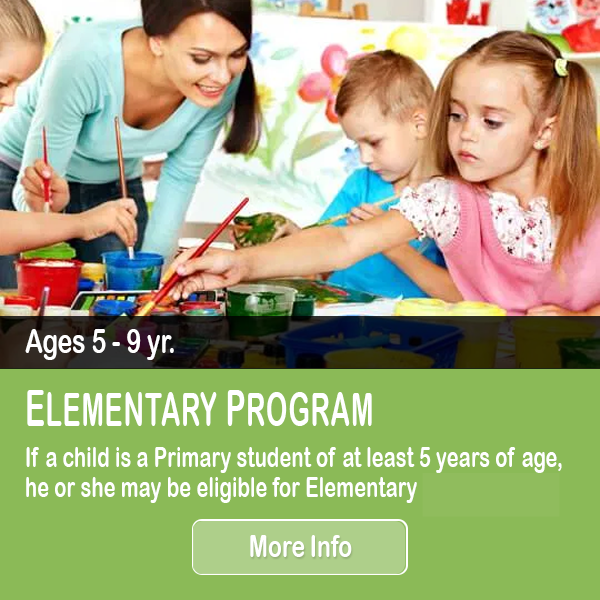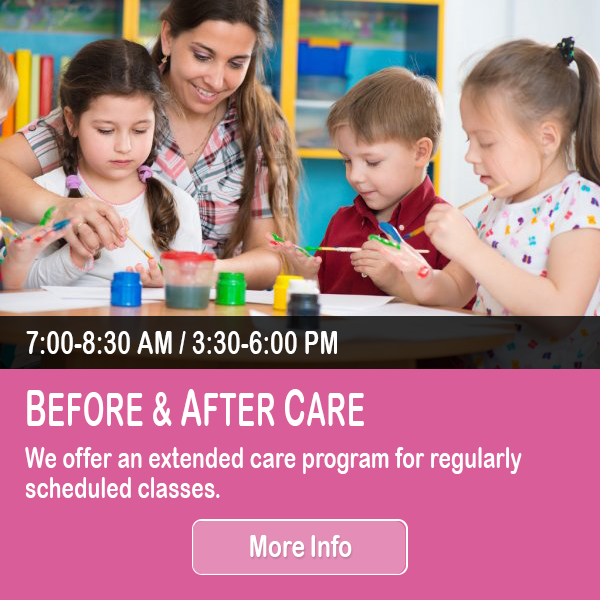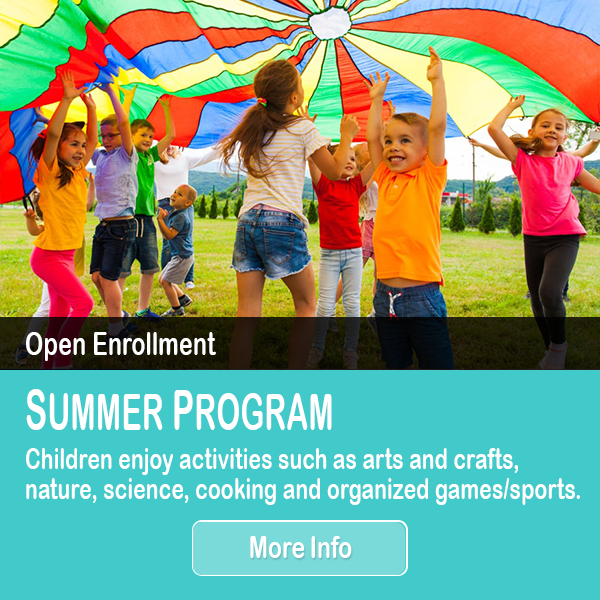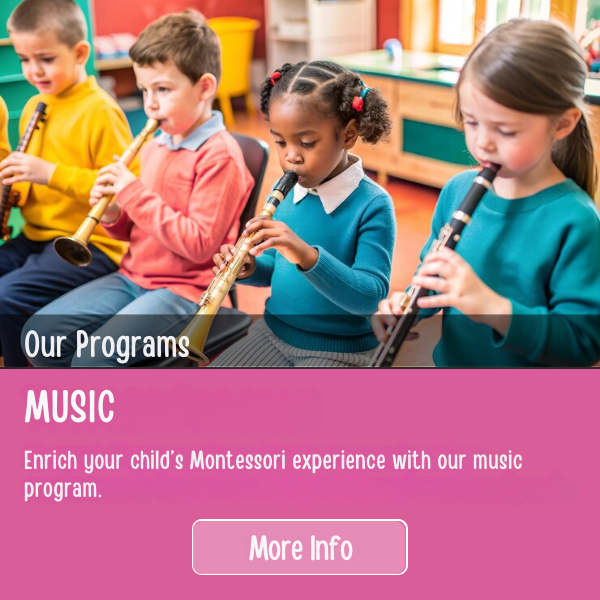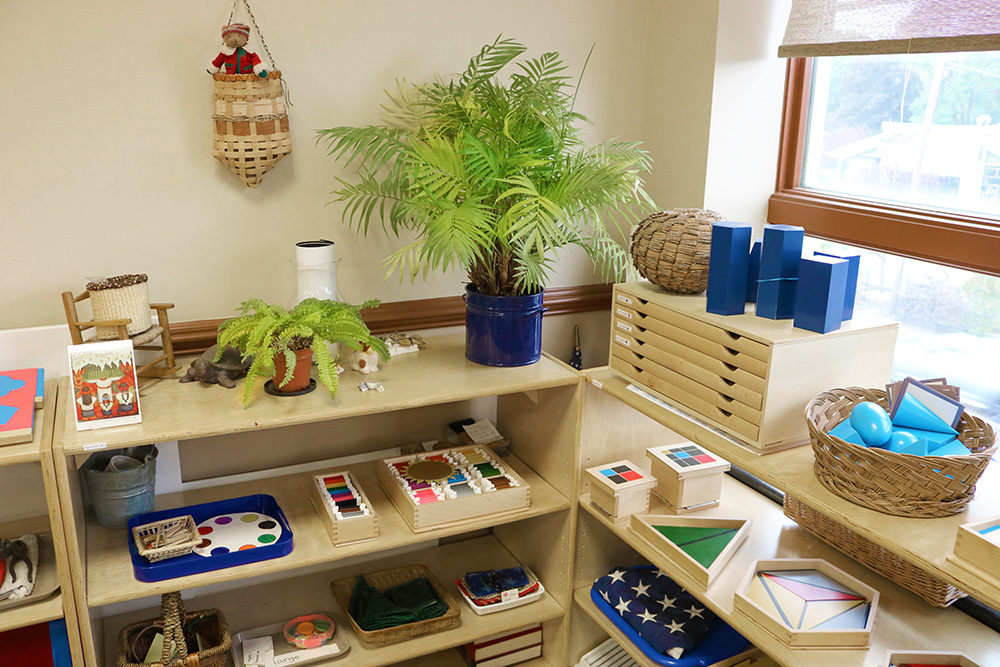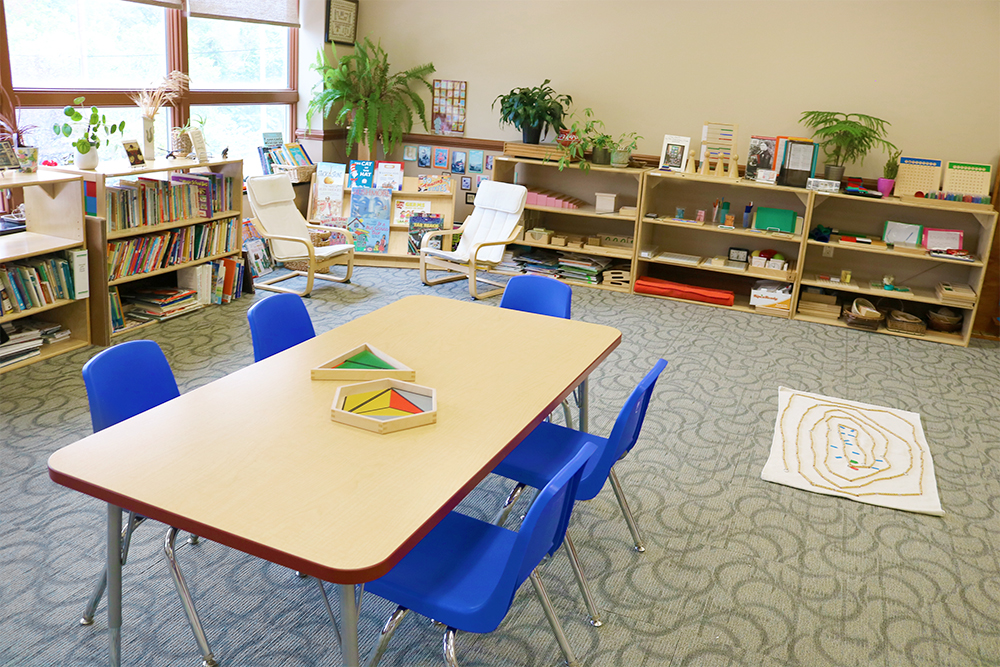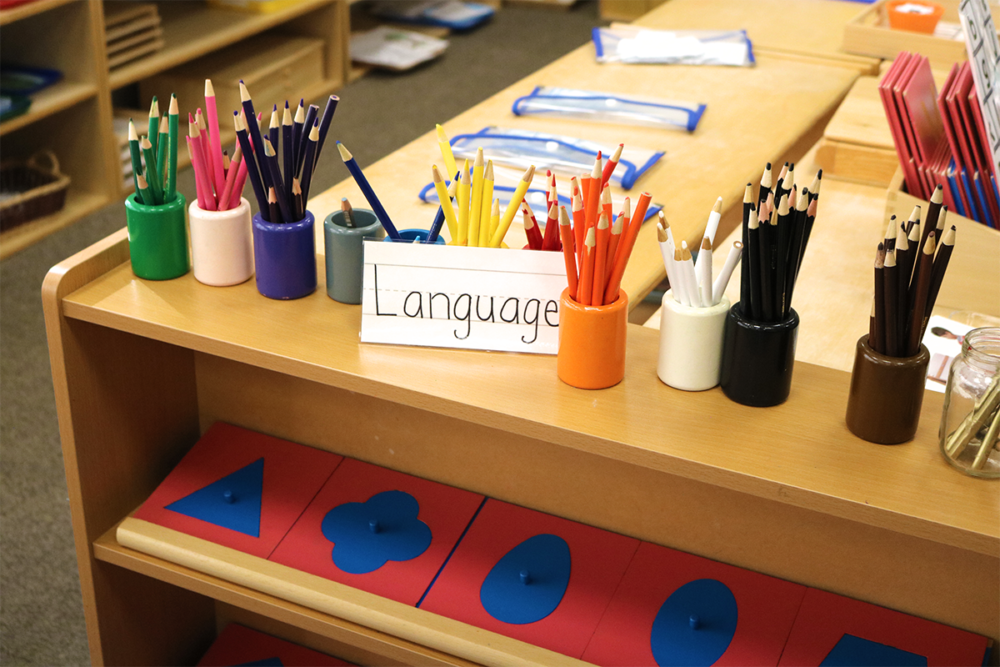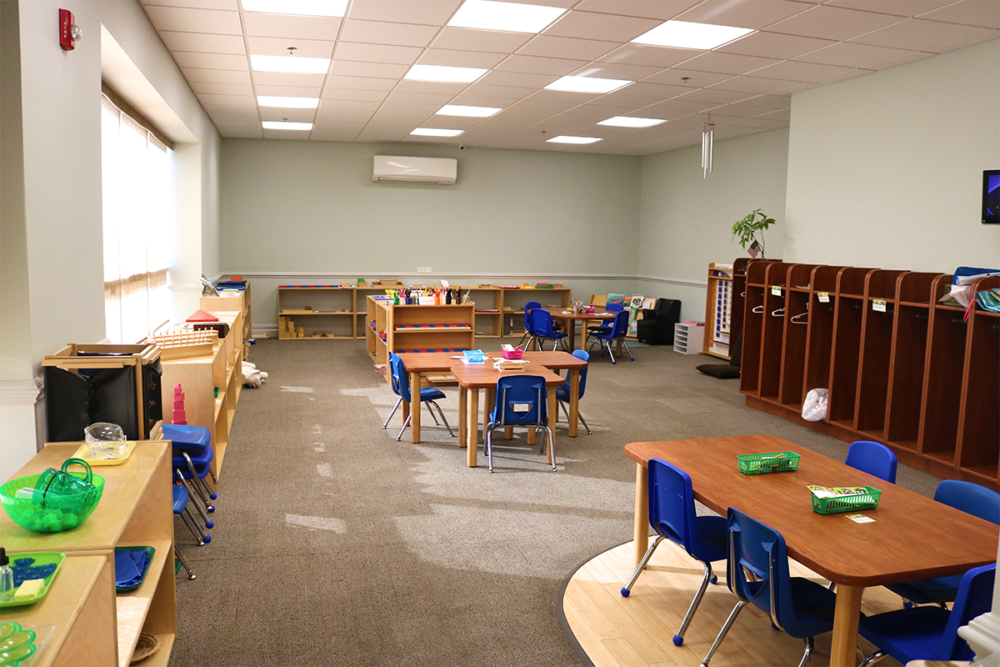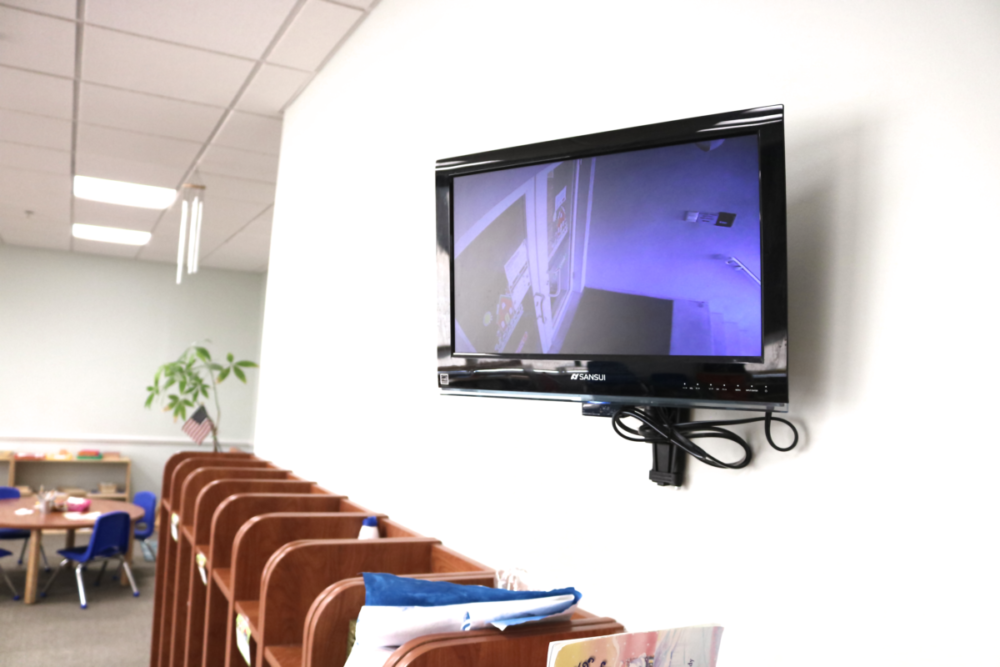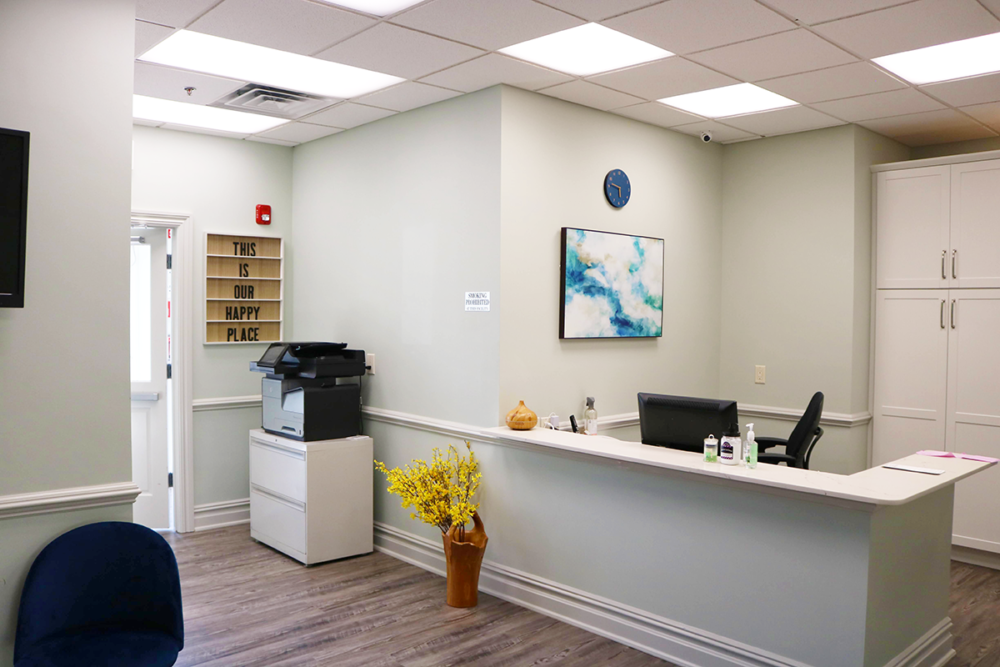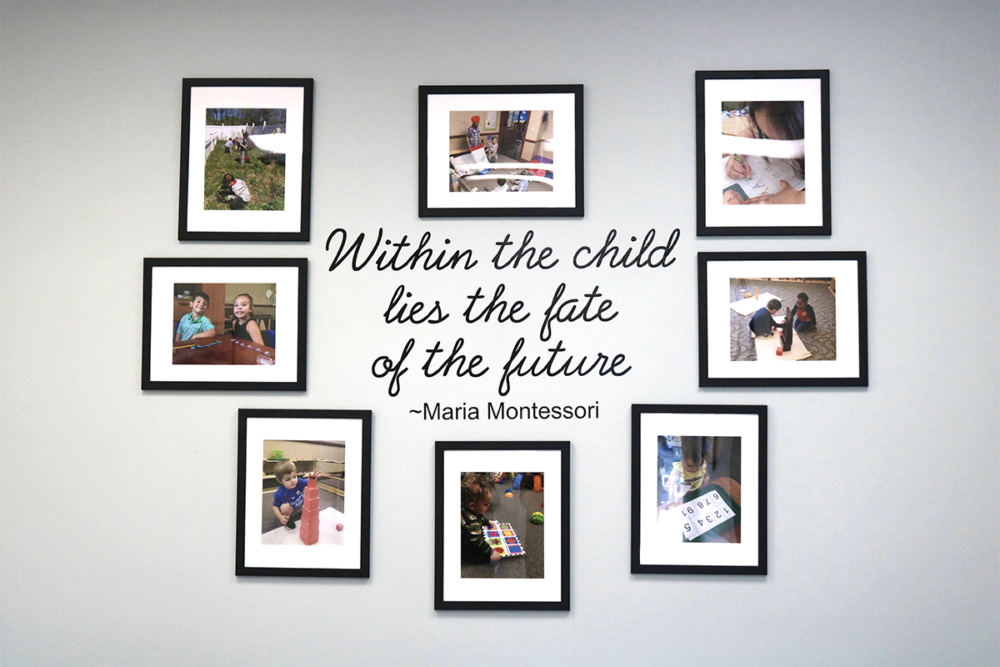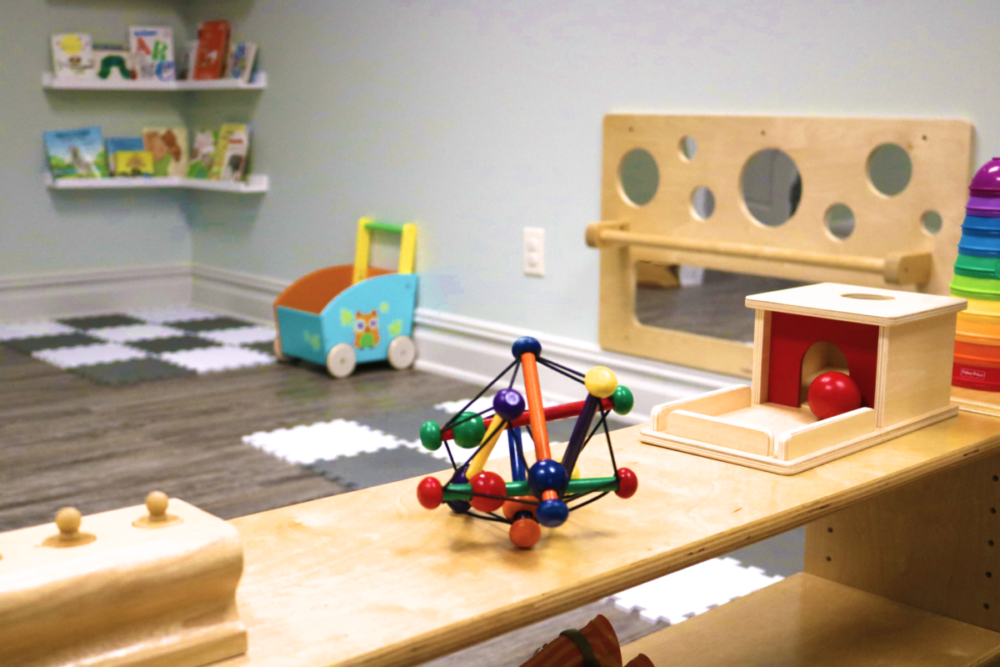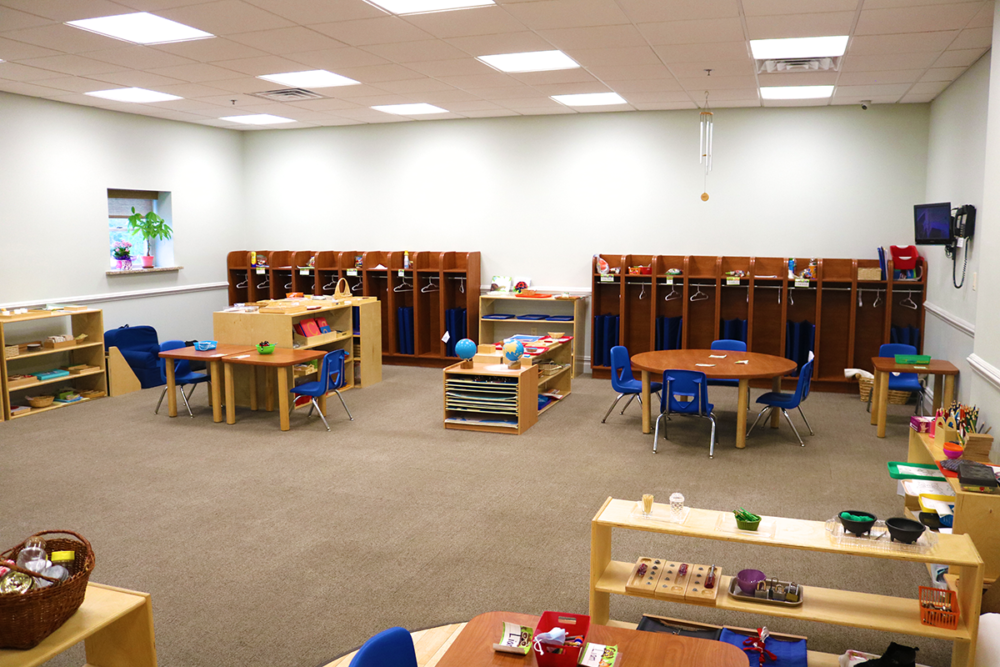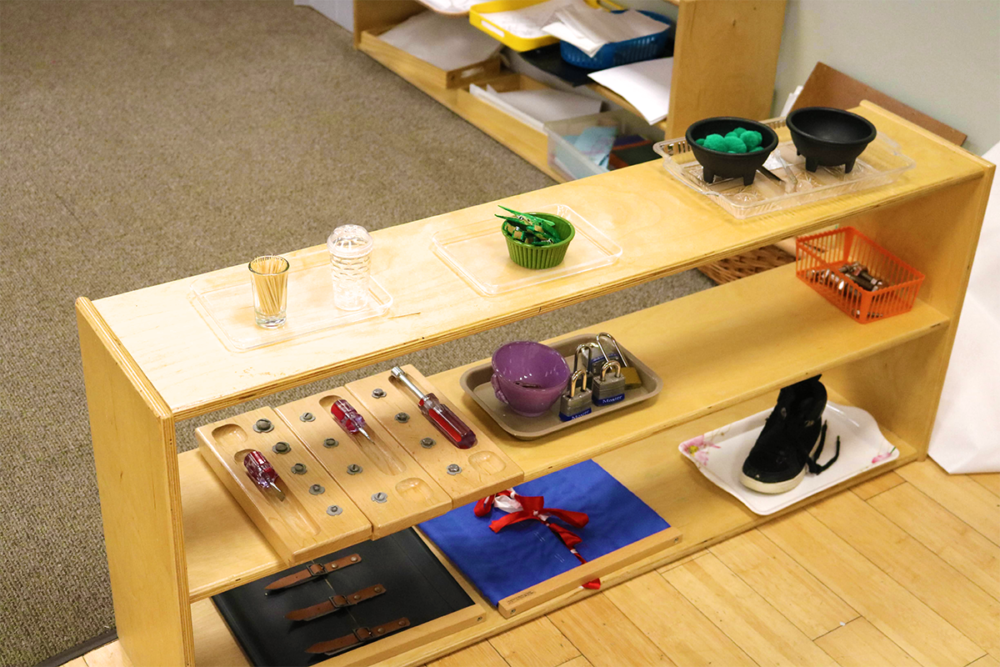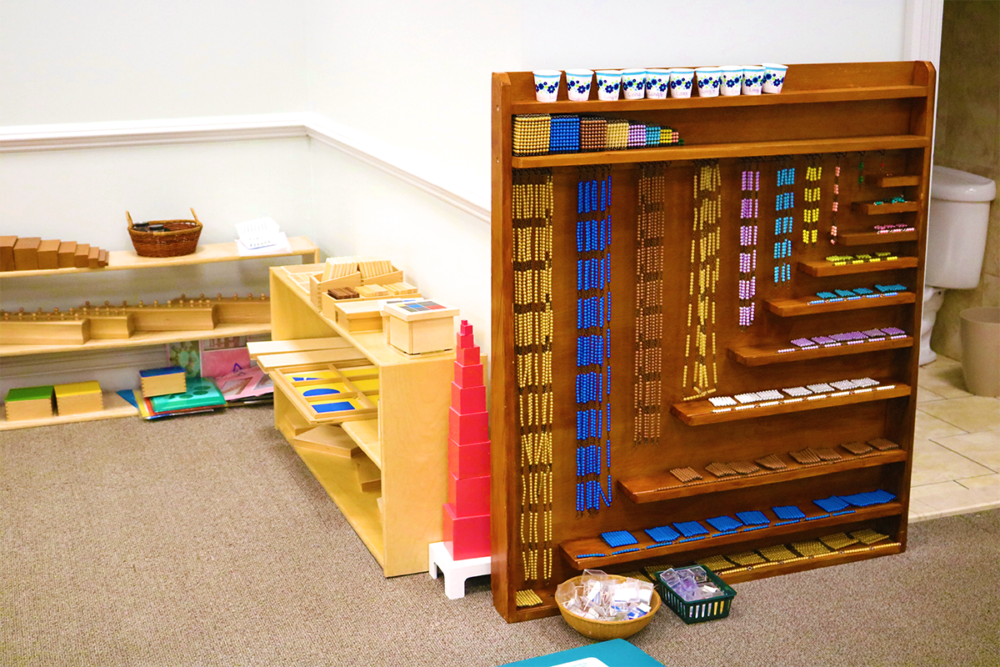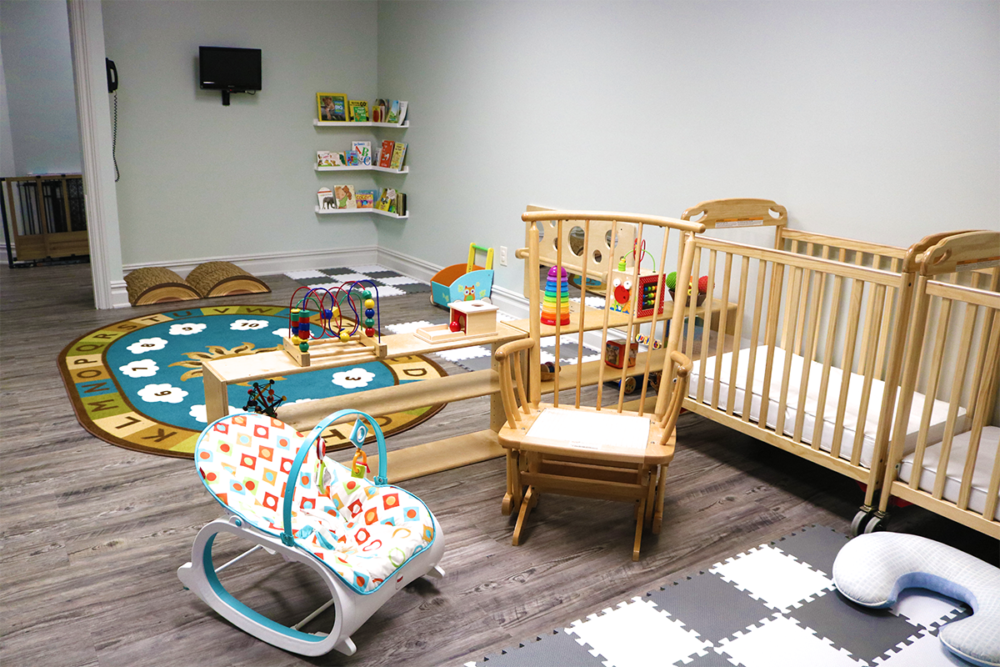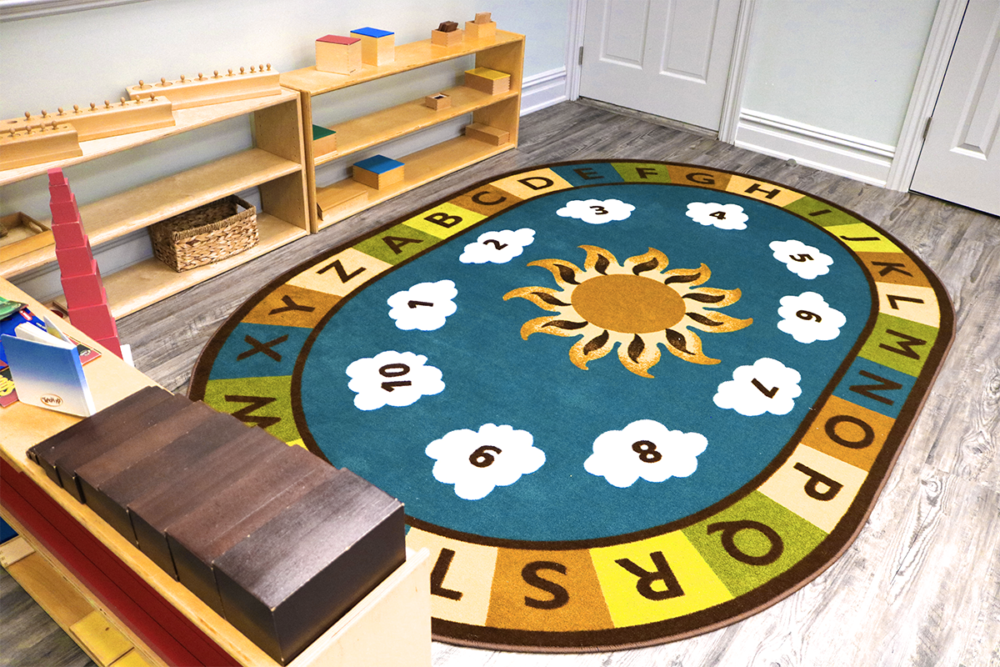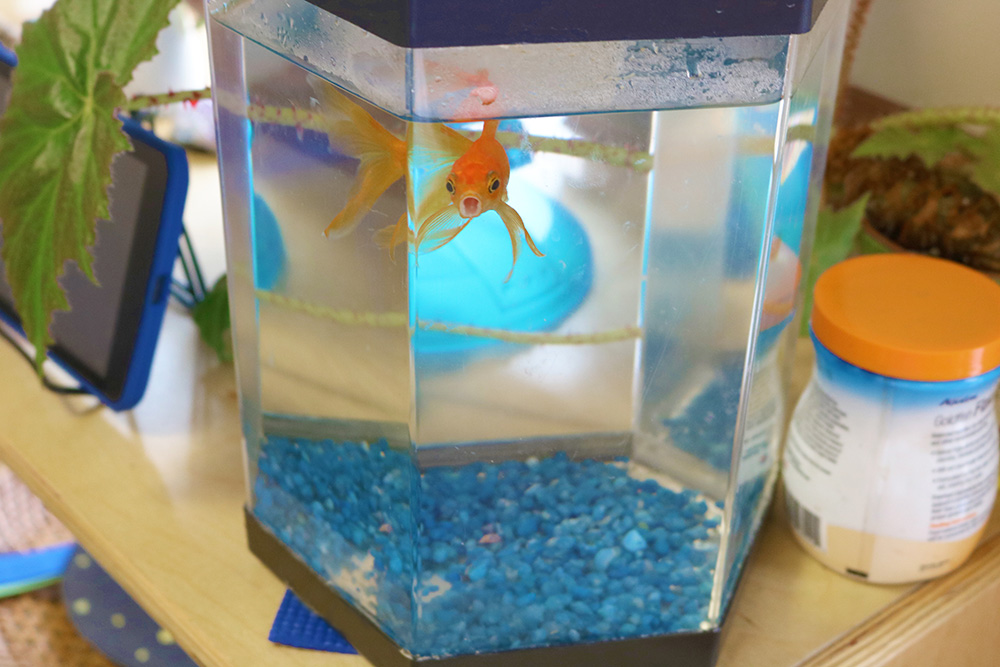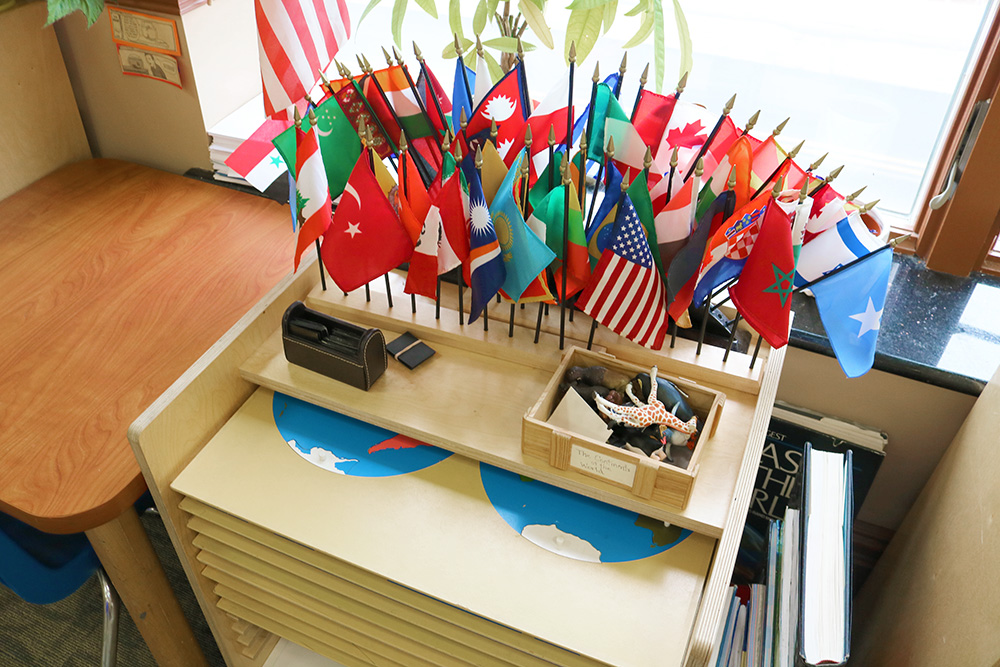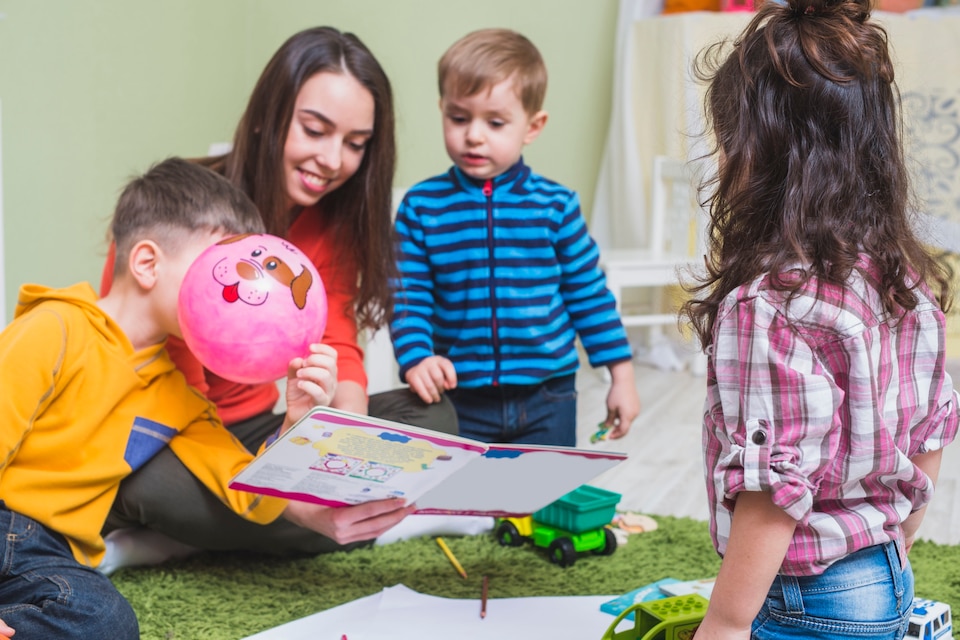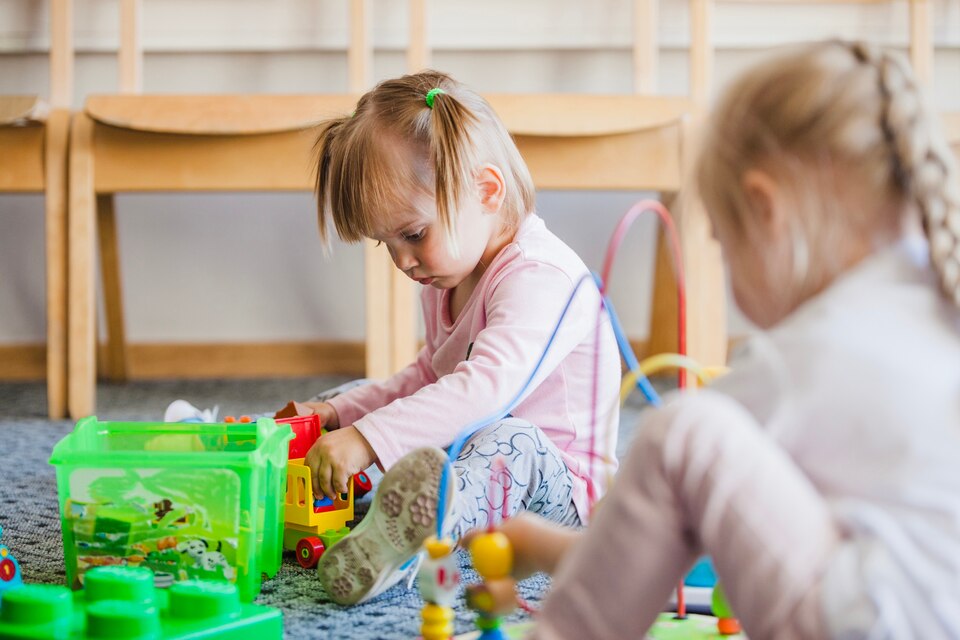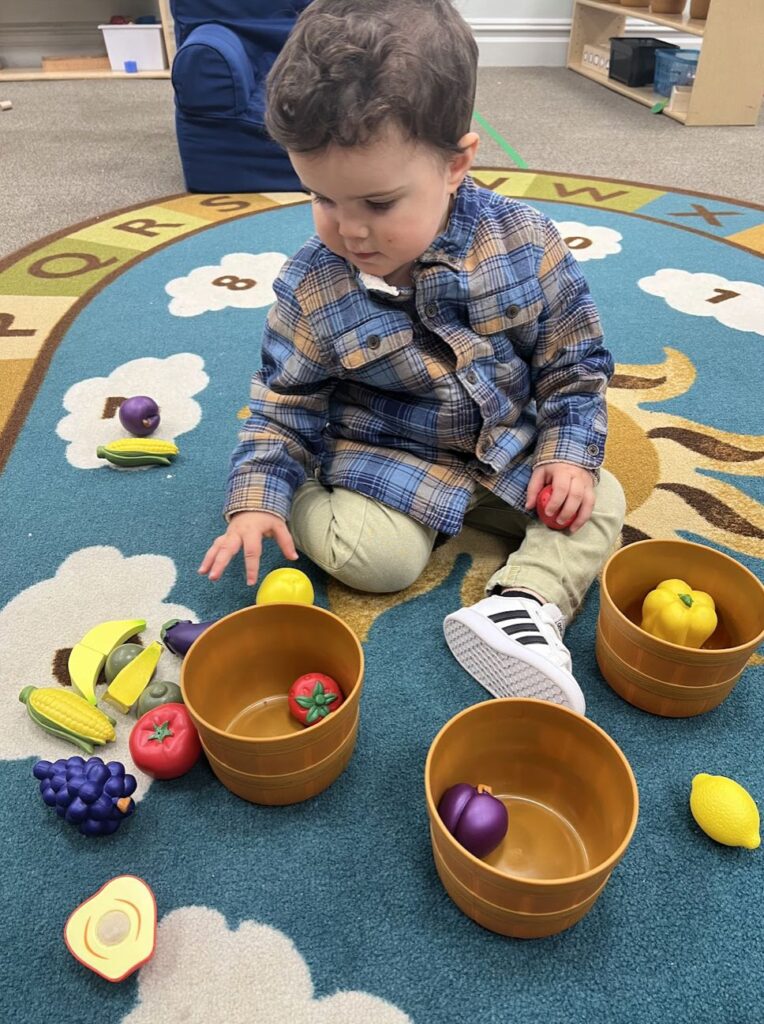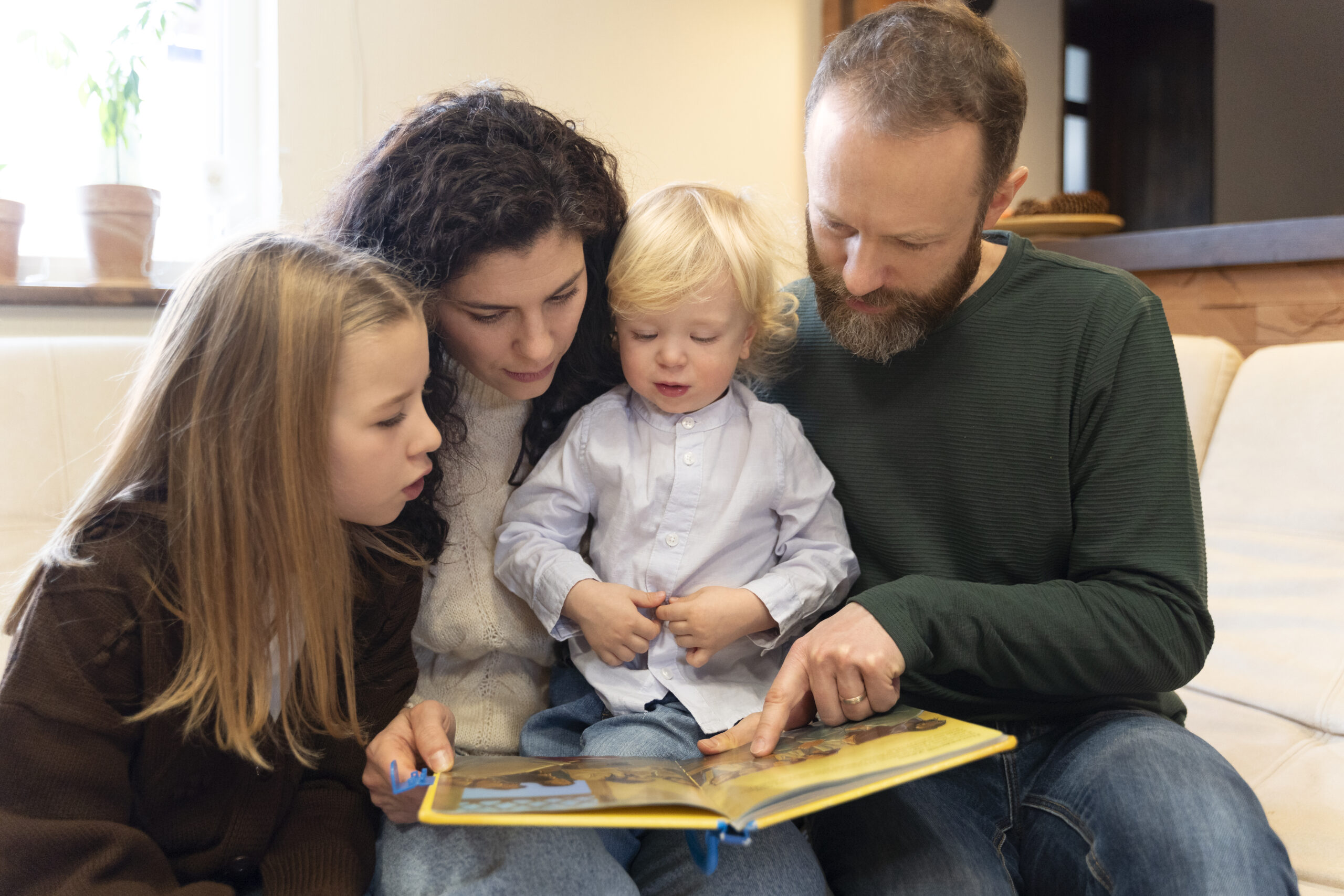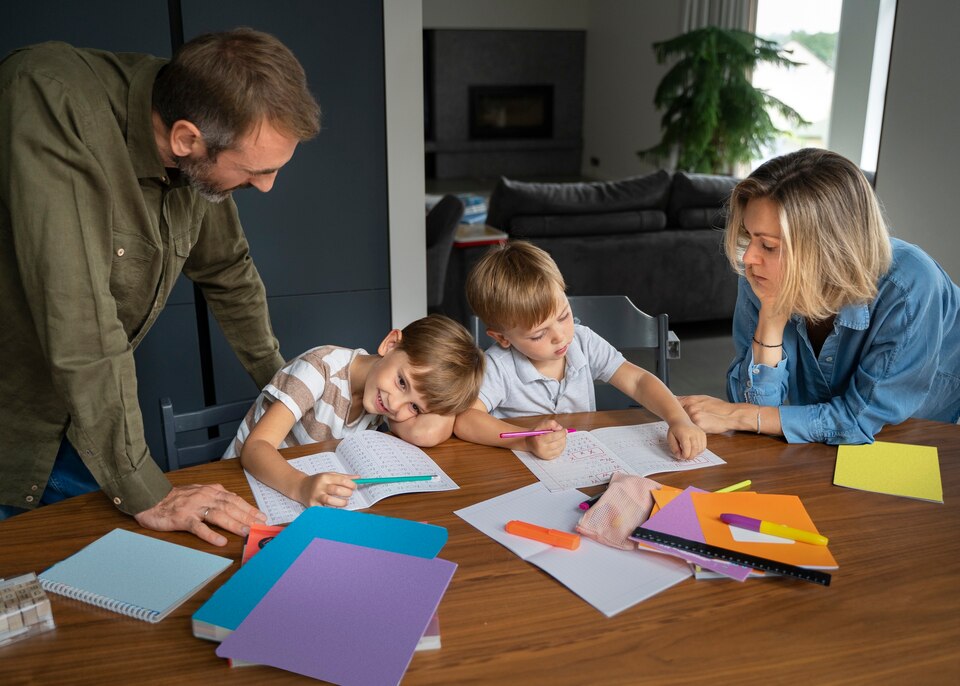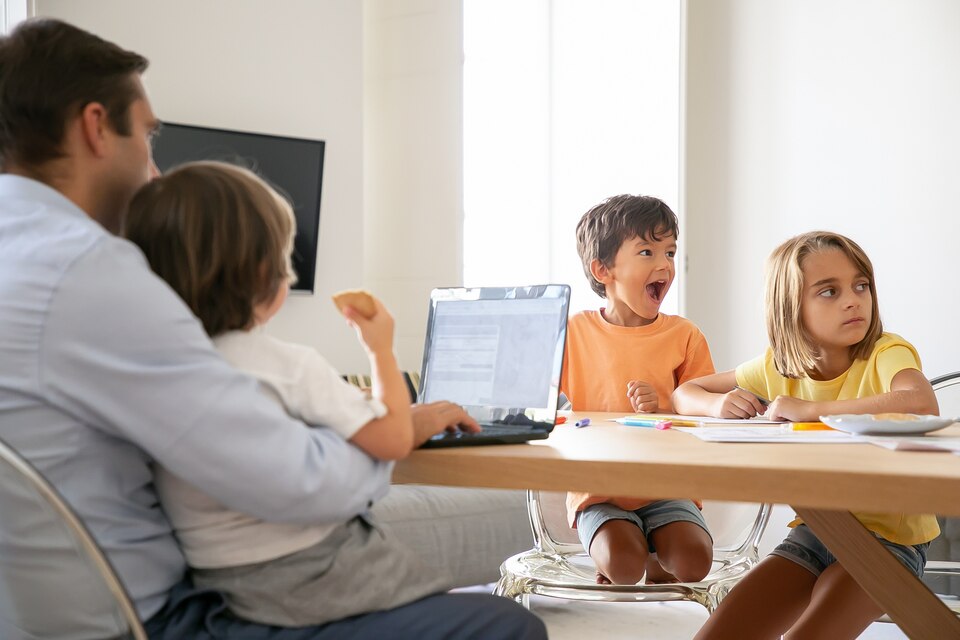
From Child Care to Elementary, Monarch Montessori inspires learning at every step!
Montessori Daycare, Preschool & Elementary Little Falls NJ - Serving Passaic County & Surrounding Areas
Monarch Montessori School is an award-winning Montessori in daycare, preschool & elementary in Little Falls, NJ and proudly serving Passaic County and nearby areas. Our program is dedicated to fostering curiosity, independence, and a love for learning in every child. Our school provides a nurturing environment where children can explore their potential at their own pace. Guided by Montessori philosophy, our experienced and caring educators inspire creativity, critical thinking, and a strong foundation for lifelong success.
At Monarch Montessori School, we empower children to grow, learn, and lead with confidence! We are a pillar in American education and a long standing educational tradition in America for over a century. We hope you join us on the road to providing your child with the care and foundational support he or she deserves!
An Individualized Daycare, Preschool & Elementary Program In Passaic County, New Jersey
Limited Space Available - Secure Your Spot Today!
New Jersey's Top Montessori Daycare, Preschool & Elementary Program
Education Begins At Birth! Don’t Wait To Enroll Your Child!
Book A Tour At Our Little Falls, New Jersey Montessori School & Secure Your Spot Today
Monarch Montessori School Rooms & Classes
No Two Children Are The Same! Your Child’s Education Begins With Us!
Montessori Classrooms
Spacious, bright and warm classrooms are filled with natural light and provide an environment that is safe, clean and homey. Carpeting, natural bamboo flooring, and surroundings that echo the home are designed to encourage children to create, explore, feel at ease and ready to learn.
Fully-Accredited Montessori Childcare Center & Daycare Program
Our Childcare Center
Spacious, bright and warm classrooms are filled with natural light and provide an environment that is safe, clean and homey. Carpeting, natural bamboo flooring, and surroundings that echo the home are designed to encourage children to create, explore, feel at ease and ready to learn.
Outdoors, children can continue their “work” of play in our play area, set on 1.3 acres of open space. Several times daily, children have the opportunity to engage in physical activity and use their imaginations. In Spring, they plant their own outdoor garden, incorporating the “fruits of their labor” into classroom meals and snacks. If you want one of the best childcare development centers in NJ, Monarch Montessori has an award winning program that will be uniquely tailored to your child!
Open Mon. – Fri. 7AM to 6PM
Before & After Care are included in full day pricing.
2 Newark Pompton Turnpike Little Falls, NJ 07424<br>
Phone:(973) 928-3605 Fax 973.233.4164<br>
Email: info@monarch-montessori.com.
Benefits of a Montessori Education: More Than Just A Daycare!
A Montessori curriculum focuses on key developmental milestones in children between the ages of three and five-years-old. Younger children focus on honing large muscle and language skills. Four-year-olds work on fine motor skills and completing everyday activities, such as cooking and arts and crafts. Older preschoolers broaden their learning experience to their communities, through trips and special events.
Montessori preschool students enjoy a classroom and curriculum designed around their specific needs and abilities that allows them to explore and learn at their own pace and on their own terms. Everything in the classroom is within reach of the child, and furniture is sized for children to sit comfortably. In addition, older children in the class work with the younger ones, so mentoring comes as much from peers as it does from the adult teachers in the classroom.
One of the greatest benefits of the Montessori Method, particularly during the early learning experience, is the focus on hands-on learning. The emphasis is on concrete, rather than abstract learning, as students work on activities that teach language, math, culture and practical life lessons. Teachers encourage students to concentrate on tasks, and they discourage students from interrupting one another, allowing students to focus on activities until they are properly mastered. This is early childhood education truly at its best!
Students in the Montessori program are allowed to explore activities and concepts at their own pace. This naturally encourages children to try more challenging areas, which accelerates their learning experience. Learning occurs at a comfortable pace for each student, rather than inflicting the same rate on every student in a classroom.
Because the teacher does not “run” the classroom, students guide the activities they do throughout the day. This encourages children to share and work cooperatively to explore the various stations in the Montessori classroom. Children in Montessori classrooms, by the very nature of the environment, learn to respect one another and build a sense of community.
While the Montessori Method allows children to choose the activities they want to work on each day, and how long they will work at a specific task, there are specific “ground rules” for the class that are consistently enforced by the teacher and other students. This environment naturally teaches children self-discipline, and it refines important skills like concentration, self-control and motivation. Learn more about our Montessori childcare development center in NJ by giving us a call.
With sandpaper letters or using a sand tray, children trace the shape of letters while the teacher connects with the letter’s sound, or use alphabet cut-outs (moveable alphabet) to form words. Through activities such as these, they gain experience with the beginnings of the language sequence, laying the groundwork for decoding, or reading.
This process activates and connects the visual, kinesthetic, tactile and auditory modalities and is supplemented with highly differentiated and individualized materials created by the child’s teacher. Included in the Language curriculum and introduced at each child’s unique moment of individual readiness, would be oral and written expression, reading, listening, speaking, drama, and children’s literature.
Building upon the principles and skills gained in Practical Life and Sensorial, which
include, grouping, one-to-one correspondence, matching, comparing similarities and differences, sorting, counting, grading and predicting patterns, the hands-on materials Montessori so carefully designed leverage those understandings to help children move to more abstract concepts. Using sequenced presentation of the manipulative, rather than rote memorization of facts, students construct their own knowledge of number sense, place value, numeration, addition, subtraction, multiplication, division through internalization, or a process she termed “materialized abstraction.” Older children can progress to even higher level abstract concepts which include fractions, geometry and the beginnings of algebra by using their hands and minds to grapple with content using materials which go beyond these basic concepts.
Fundamental to Montessori’s philosophy is the interrelatedness of all things, a view which forms the underpinnings of what she called physical and cultural geography. Study of the diverse cultures of the earth and the ways humans interact with nature to meet basic needs are among the ways children gain awareness of geography and science in the Primary Classroom. Moving from what children know to what they do not, from simple to complex, the whole to parts and concrete to abstract, they engage in geographical, historical, artistic, musical, scientific and interrelated activities. We offer a strong foundation Montessori education to children enrolled in our childcare center & daycare NJ.
This area capitalizes on childrens’ need to connect with their environment through the five senses, providing materials of various qualities (size, shape, color, dimension, texture, length, width, temperature, mass, pitch) designed by Montessori, such as knobbed cylinders or color tablets. Using a multisensory approach, children learn to distinguish, categorize, and add to prior knowledge. They can move from concrete to abstract understandings by ordering, classifying, comparing and contrasting; simultaneously, they build vocabulary through naming and expanding the language of labeling. Montessori believed that children immersed in a stimulus-rich environment use all of their senses to absorb sensory impressions, and through this process begin to order these impressions and make sense and meaning of their world.
Childcare Development Center NJ: Reviews & Testimonials
We made the decision to enroll our son at Monarch Montessori School when he was just two years old, and it has proven to be one of the best choices we've ever made. The school has provided him with stimulating challenges and numerous opportunities for learning, fostering his rapid progression through the toddler program in just a few months. He has now seamlessly transitioned into the Primary/Kindergarten program and is thriving on the educational path the school has set for him. Monarch Montessori School impresses us not only with its exceptional educational programs but also with its pristine facilities and friendly staff. The dedicated teachers create well-structured and engaging classrooms, ensuring a positive learning environment for our child. We are particularly grateful for the understanding and support of the Director, Mrs. Stephanie V. She has always been responsive to any questions or concerns we may have had, going above and beyond to assist us in any way possible. Choosing Monarch Montessori School for our son has been an outstanding decision and we couldn't be happier.
- Kevin Heubnarain
We've now been part of the Monarch family for almost 4 years. Our older daughter has absolutely thrived, making her way from the infant room all the way up through primary. She has excelled, not only cognitively, in the Montessori environment, in which learning is attuned to the child's natural interests, but also socially and emotionally. The school and classroom foster the development of intelligent, kind, loving and caring children and we could not ask for more.
- Liana Klejmont
I can not say enough about this amazing school/camp!! My son had the most wonderful experience at Monarch Montessori School! The Director, Sharon is phenomenal and Mr. Charlie - amazing! My son felt so comfortable instantly which is not always the case. They challenged him which was excellent and rewarded him with positive praise. They offered so many different opportunities to learn while playing which is why I love the Montessori way. They had theme weeks and went above and beyond to make every week special for the kids. They followed covid protocols too. Sending my son here was one of the best decisions I’ve made and he can’t wait until next summer.
- Kristen Cook
Thank you for all that you do. We greatly appreciate the safe, happy, nurturing, and loving environment you have created for our children. My 4-year-old has been attending Monarch Montessori School for nearly a year, and I couldn't be happier with our experience. As an educator, I hold high expectations for schools and educators, and Monarch Montessori has not only met but exceeded them. The warm, family-oriented atmosphere at the school is truly impressive. The teachers and the director maintain excellent communication with parents and have a genuine understanding of each family. The sense of familiarity and community is crucial, especially for pre-K. The classrooms are flooded with natural light, always clean, and inviting. The administrative, secretarial, and teaching staff are incredibly accommodating. They go above and beyond to work with parents and handle any outstanding circumstances, making the life of a working parent much smoother and stress-free. I genuinely appreciate the efforts of everyone at Monarch Montessori School, and I highly recommend this school for its nurturing environment and dedicated staff.
Read More Close